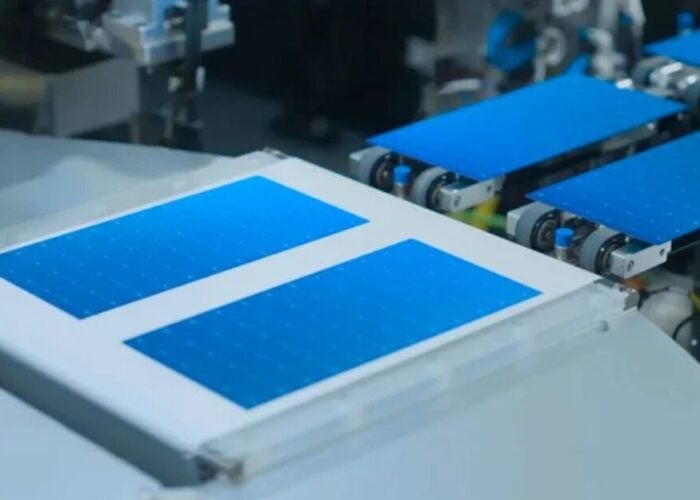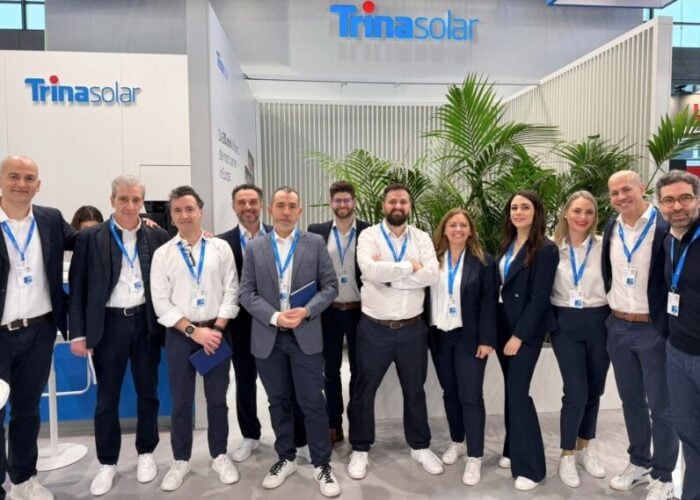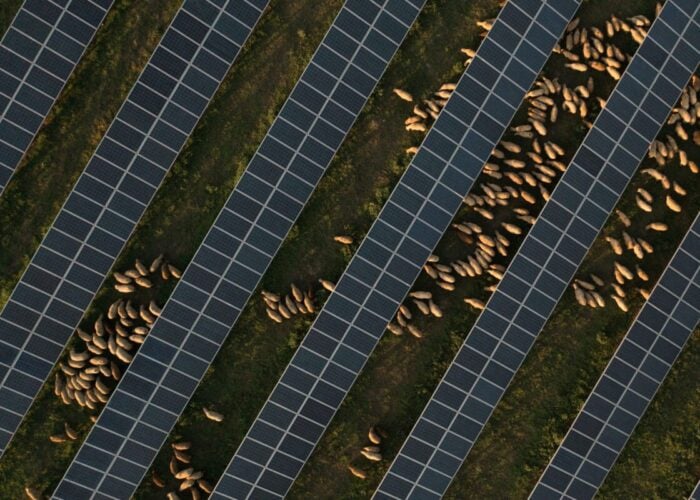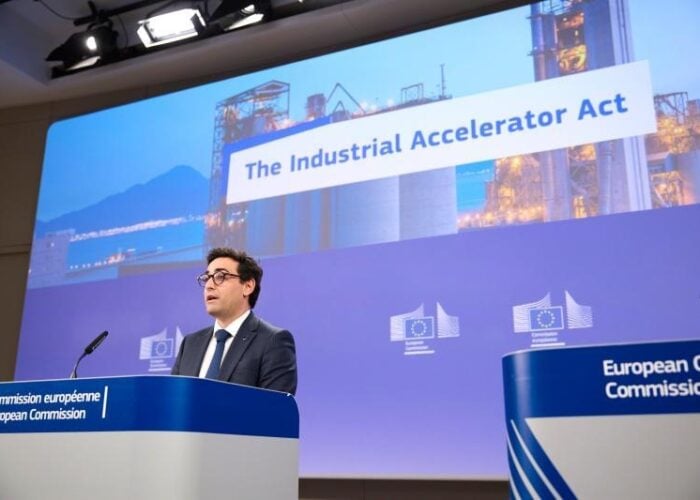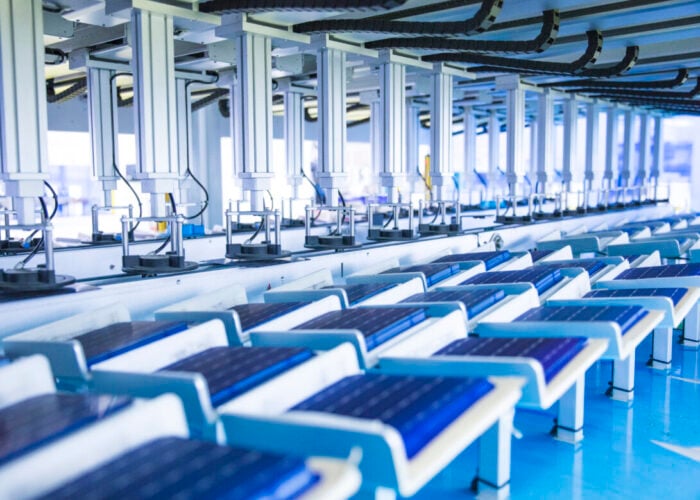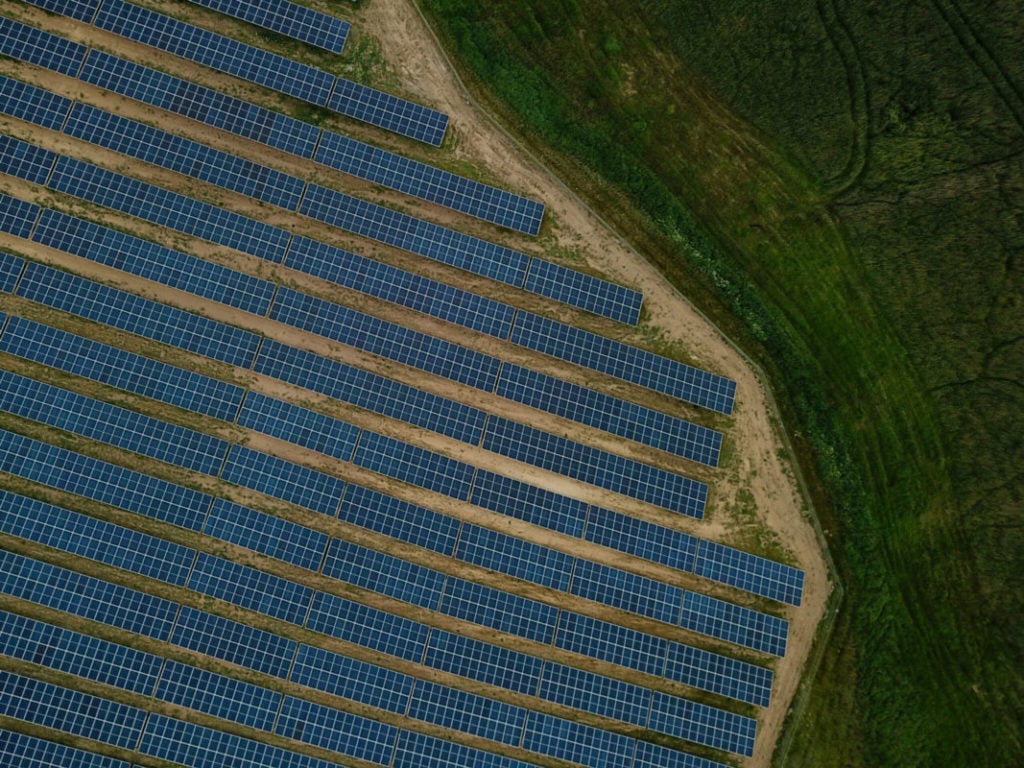
A draft regulation banning products with forced labour in their supply chains from entering the EU was adopted by the EU Internal Market and International Trade committees yesterday, with some amendments to broaden both the scope and responsibility for policing offending products and companies.
The proposed regulation would introduce a framework for investigating companies’ supply chains for the use of forced labour and would ban the import and export of any goods found to have been produced by such practices. Any goods already within the European market would also have to be withdrawn, to then be donated, recycled or destroyed.
Try Premium for just $1
- Full premium access for the first month at only $1
- Converts to an annual rate after 30 days unless cancelled
- Cancel anytime during the trial period
Premium Benefits
- Expert industry analysis and interviews
- Digital access to PV Tech Power journal
- Exclusive event discounts
Or get the full Premium subscription right away
Or continue reading this article for free
MEPs in the voting committees amended the regulation to include the designation of areas and economic sectors at “high risk” of exposure to forced labour. Companies operating in these areas would need to prove that their own supply chains are clean, rather than the authorities having to launch an investigation themselves. The committees referred to this as a ‘reversal of the burden of proof’.
To this end, the committees also recommended that and goods that have been removed from the market only be allowed back in once the company has proven that it no longer uses forced labour and remedies any relevant cases.
The definition of forced labour was also extended in the committees’ amendments, to include “all work or service which is exacted from any person under the menace of any penalty and for which the said person has not offered himself or herself voluntarily”.
Talks will still need to take place to clarify the final shape of the regulation.
Co-rapporteur for the committees, Maria-Manuel Leitão-Marques said: “27.6 million workers worldwide suffer from forced labour, a kind of modern slavery – we should dedicate this victory to them. We have ensured that products made with forced labour are banned from the internal market until workers are compensated for the harm done to them.
“Banning forced labour also protects companies who follow the rules from unfair competition.”
In a press conference launching the proposal, the co-rapporteurs said that the imposition of the legislation should be handled by member-states themselves.
Supply chain challenges
Solar PV is one of the world’s most hot-button industries regarding forced labour, and Europe – like the entirety of the Western world – is heavily reliant on solar imports to meet its decarbonisation targets. As part of its efforts to instigate legislative safeguarding for the European solar industry, last month the European Solar Manufacturing Council (ESMC) published an open letter to the EU calling for a ban on selling solar modules suspected of being made with forced labour.
Xinjiang province in China is at the centre of the discussion as much of the world’s polysilicon production is located in the province, shoulder-to-shoulder with ongoing concerns and allegations about the forced exploitation of the local Uyghur population.
In response to a question on the issue of Xinjiang polysilicon and solar imports at the press conference, co-rapporteur Samira Rafaela said that the ‘reversal of the burden of proof’ would mean that “We can target, very efficiently and very specifically, products like solar panels…I expect these products to be on the list of high-risk products.”
In its letter, the ESMC called on the EU to make use of the US’ Uyghur Forced Labour Prevention Act (UFLPA) Entity List, which assumes that goods entering the US from Xinjiang are the result of forced labour unless the company can prove otherwise. The MEPs’ inclusion of clauses to predetermine high-risk areas would function in a similar manner.
The UFLPA led to 2GW worth of shipment delays at US customs in 2022.
The European solar market has been wrestling with the potentially nefarious influence of Chinese imports in recent months as it tries to build out a domestic PV manufacturing base.
In another open letter the ESMC – backed by a number of notable European solar companies – spoke of an “intentional and purposeful attack by Chinese PV manufacturers” as an influx of particularly low-priced modules threatened the sustainability of EU-made products.
Reports emerged in July that over 40GW worth of imported Chinese solar modules were sitting in storage in European warehouses, largely in the port of Rotterdam.

